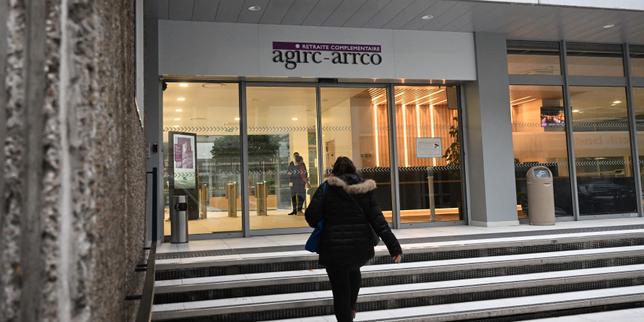Private Sector Complementary Pensions in France Frozen for One Year Amid Failed Negotiations
The complementary pensions for France's private sector retirees will be frozen for one year following failed negotiations, impacting 14 million people amid rising inflation.
- • Agirc-Arrco complementary pensions frozen from November 1, 2023, to October 31, 2026.
- • Approximately 14 million private sector retirees affected by the freeze.
- • Failure of social partners to agree on pension revaluation amid tense negotiations.
- • Projected inflation of 1% in 2025 and 1.3% in 2026 exacerbates purchasing power loss for retirees.
Key details
On October 17, 2023, the social partners managing the Agirc-Arrco complementary pension fund for private sector retirees in France failed to reach an agreement on the annual revaluation of retirement benefits. As a result, the pensions of approximately 14 million private sector retirees will be frozen from November 1, 2023, until October 31, 2026, marking a significant setback in the management of the pension system.
The negotiations, which began in the morning and ended in a tense atmosphere the same afternoon, saw employer organizations proposing a minimal increase of 0.2%, the lowest permissible under the pension scheme’s rules. However, this offer did not secure consensus, leading to the decision to freeze pension increases for the coming year. This freeze comes amid inflation projections of 1% in 2025 and 1.3% in 2026, which means retirees will suffer a notable loss of purchasing power during this period.
Prime Minister Sébastien Lecornu had recently called for social partners to assume a greater role in the pension distribution system, highlighting the importance of their cooperation. The failure to reach an agreement, however, underscores ongoing challenges in balancing pension financing with economic realities.
The Agirc-Arrco pension program is crucial for France’s private sector retirees, supplementing the primary state pension. The freeze represents an economic strain during a time when many retirees face increasing costs and financial uncertainty. With social partners unable to align on a path forward, around 14 million people will directly feel the consequences as the cost-of-living adjustment remains stalled.
This development is expected to renew discussions on the role of social partners and the future sustainability of France's complementary pension schemes, with attention focused on upcoming negotiations and government policy responses.
This article was translated and synthesized from French sources, providing English-speaking readers with local perspectives.
Source articles (2)
Source comparison
Latest news
Eleven Arrested in Quentin Deranque Death Investigation Amid Political Fallout
Katy Spicher Sues French State for Denial of Justice Over Unsolved 1983 Murder of Her Mother
French Public Sees Rise in Political Violence Amid Pre-Municipal Election Tensions
Businesses Drive French Economy Amid Rising Financial Challenges for Youth
France Climbs to 4th Place in 2026 Winter Olympics Medal Table After Biathlon Relay Gold
XV de France to Field Largely Unchanged Lineup Against Italy in Six Nations
The top news stories in France
Delivered straight to your inbox each morning.


